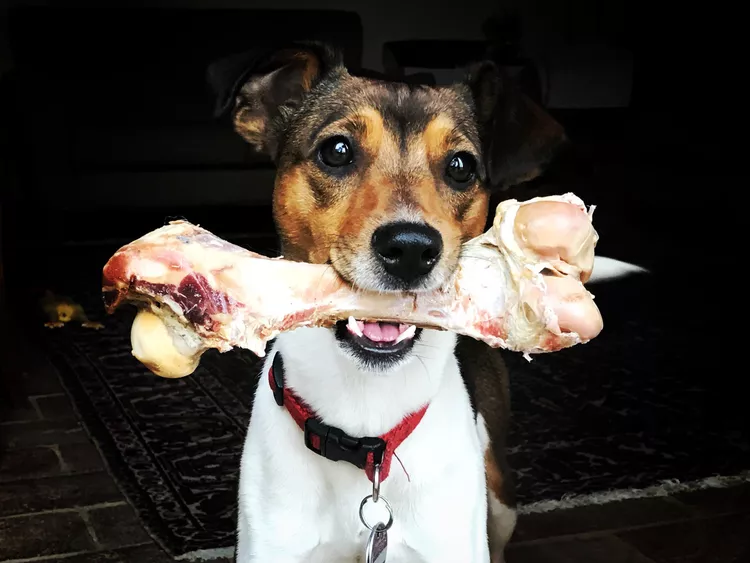
Dogs and bones go hand in hand, but not all bones are safe for your dog to eat. In fact, many of them can be downright dangerous.
With the holidays fast approaching, it is important to know what bones to keep away from your dogs and what to do if your dog eats something it shouldn’t.
Cooked bones of all types should be kept away from dogs. Because they are cooked, they are more likely to splinter and cause internal damage. Hollow bones, such as chicken and turkey bones, are especially susceptible to splitting, but cooked bones of all varieties can be dangerous if ingested.
The following are possible dangers associated with eating cooked bones, according to VCA Animal Hospitals:
“[Cooked bones] can scratch the esophagus, they can scratch the gastrointestinal tract, they can even cause a penetrating injury, which is one of the worst things we can see from them,” Dr. Brian Carson, DMV, who practices in Virginia, said in an interview with The Spruce Pets.
The easiest way to keep cooked bones away from your pets is to keep them away from the kitchen, the dining room, the trash, or anywhere a cooked bone might be.
This can be hard for dogs that are used to having free roam of the house, so another strategy is to exercise caution. Keep an eye on the dog, keep the trash can lid secure, and make sure your family and guests are aware that they should not feed the dog table scraps.
“Make sure that everyone, all the guests, understand the potential dangers of feeding certain foods, especially cooked bones, and to know what to avoid and what’s okay,” Carson said.
No matter how cautious you are, there’s still a chance your dog can get ahold of a cooked bone. If your dog has eaten a cooked bone, or you suspect that they have, immediately consult a veterinarian. Let them know what kind of bone your dog consumed, if you are aware. The vet might advise you to bring your dog to an emergency vet, force them to vomit, or take another course of action.
Signs of discomfort you may notice if your dog ate a cooked bone include vomiting, nausea, lethargy, drooling, panting, and pacing, according to Carson. Monitor your dog for these behaviors if you suspect it ate a bone, and call your vet if you are not sure.
During the holidays, it is important to know what other human foods can be harmful to your dog. The U.S. Food and Drug Administration lists the following foods as being being particularly dangerous:
Chocolate and macadamia nuts, which can be found in some holiday desserts, can also be harmful.
If you want to give your dog a special Thanksgiving treat, Carson recommends small quantities of cooked turkey, plain green beans, and pumpkin puree (not pumpkin pie or pumpkin pie filling).
Raw bones and antlers are generally more safe than cooked bones, but many vets recommend still exercising caution, as these bones can cause damage to teeth, choking, or other issues.
Carson recommends making sure to appropriately size raw bones for dogs so that they are less likely to swallow them whole, and monitoring them while they are chewing.
“Personally, I don’t recommend [raw bones] because they can still break off larger chunks and swallow larger chunks,” Carson said. “So when using any type of toy or bone that’s more stimulating, we want to make sure we’re sizing it appropriately for the dog. If you give a 60 or 80-pound dog a piece of rib, they’re more likely to swallow that whole than a chihuahua who can probably not fit his whole face around it."
Raw foods also carry an increased risk of bacteria, such as salmonella or E.coli, which may be harmful to your dog or people in the home.
If you suspect your dog has eaten a cooked bone or something else they shouldn’t have, consult your vet. You can also reach the ASPCA Animal Poison Control Center at 888-426-4435.
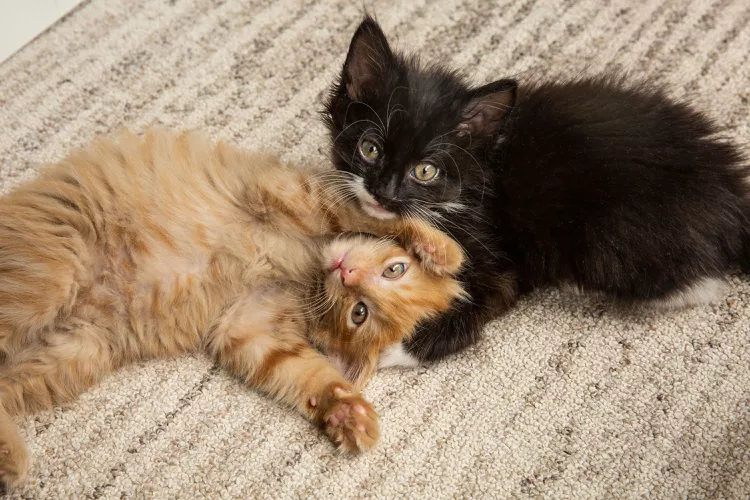
Why Two Kittens Are Better Than One
There are benefits of adopting two kittens, such as more feasible training and companionship between them.
Everything You Need to Know About Raising Your First Cat
Whether you are thinking about getting a cat or just adopted your first one, these are the things to know to make your relationship a lasting one.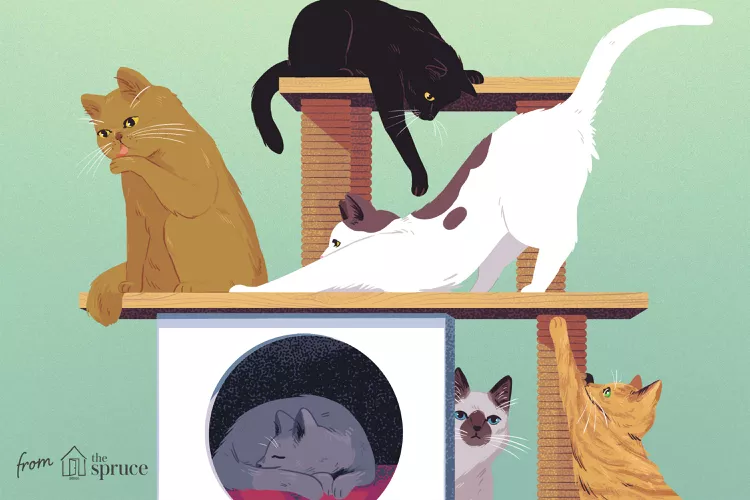
How Can I Tell the Sex of a Cat?
Telling male and female cats apart can be difficult for those who don't know what they're looking for. Here are helpful tips to discover their sex.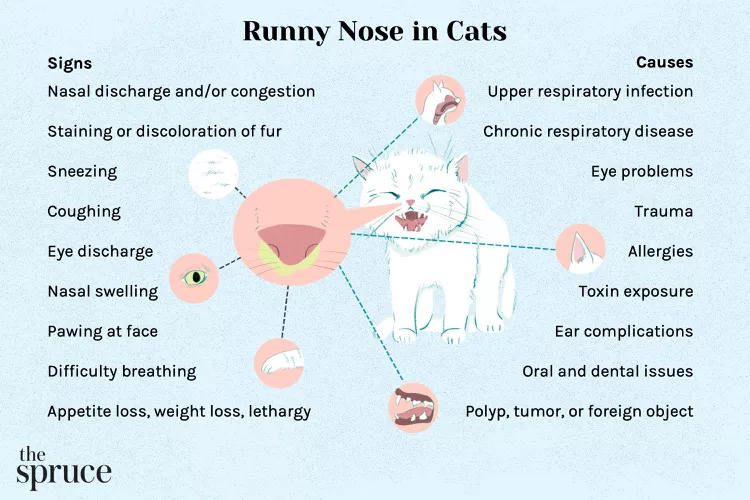
Runny Nose in Cats: Causes and Treatment
Cats get runny noses due to upper respiratory issues, but many conditions can cause this. Learn the causes of runny noses in cats and the associated signs. Find out how vets diagnose and treat cats with runny noses.
How Long Can You Safely Leave Canned Cat Food Out?
You cannot safely leave canned cat food out all day. Twenty to 30 minutes is the max, so give smaller portions and reheat food for later feedings.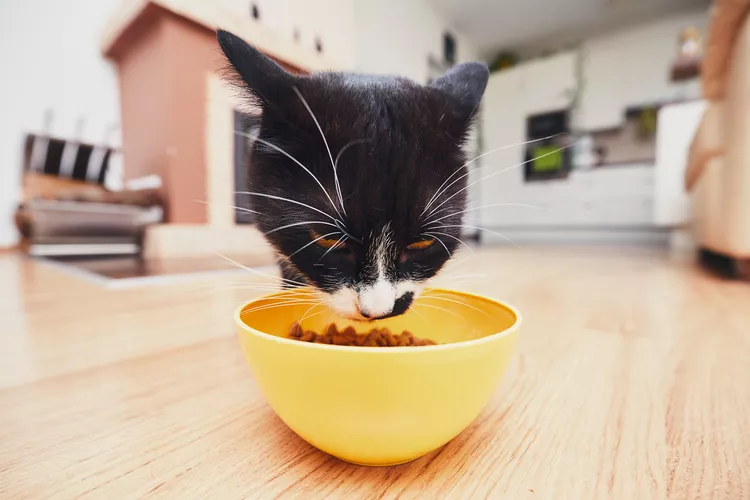
Meat Byproducts in Cat Food
Most cat experts recommend premium brands of cat food that avoid ingredients like byproducts and chicken meal. Learn what to look for on the label.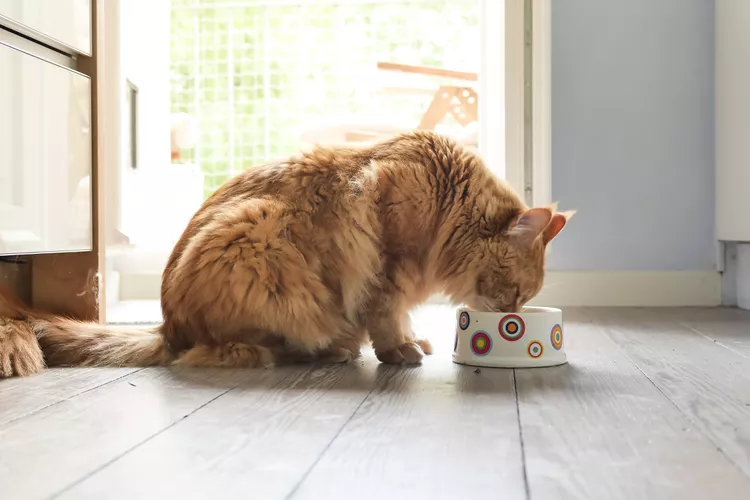
How Much Wet Food to Feed a Cat Every Day
The amount of wet food your cat needs depends on factors such as age, weight, body condition, and lifestyle. Learn how much wet food to feed your cat.
Taurine for Cats
Taurine is an essential animal protein in your cat's diet. Learn more about the various ways it supports your feline's body.
The Different Types of Pet-Friendly Workplaces
Discover the different types of pet-friendly workplaces and the benefits they offer employees. Learn how to create a pet-friendly workplace and the best practices for pet owners.
8 Halloween Safety Tips for Pets
The spooky holiday can be overstimulating and even dangerous for pets. Here's how to avoid the problems caused by toxic candy and incessant doorbells.
Why You Should Keep Cooked Bones Away From Your Dog This Holiday Season
People should be aware of the dangers of cooked bones, especially around the holidays when they might be more accessible to your pup.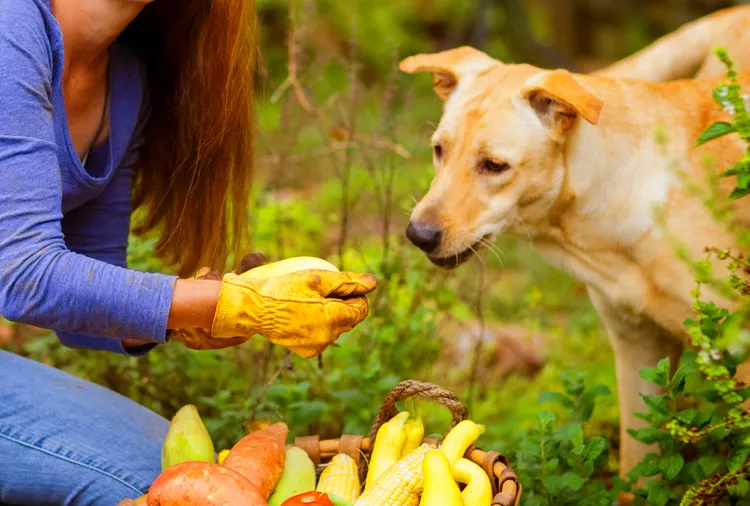
Can Dogs Eat Squash? Here's What a A Vet Thinks
Dogs can safely eat squash as long as it's prepared correctly. Find out how to properly feed this versatile fruit to your dog.
16 Small Cat Breeds That Are Petite Purring Machines
Small cat breeds like the Singapura and munchkin may be smaller than an average housecat, but they leave a giant imprint on your heart.
10 Best Cats With Big Ears
Cats with big ears often look extra endearing. Check out some common big-eared cats, including the Abyssinian, Devon Rex, Siamese, Sphynx, and more.
Javanese (Colorpoint Longhair): Cat Breed Profile, Characteristics & Care
The Javanese is a semi-longhaired, color-pointed cat of Siamese type. They are related to the Siamese, Colorpoint Shorthair, and Balinese breeds.
How to Stop Aggression in Dogs
Dog aggression can be a serious behavior issue for pet owners. Learn how to stop aggression in dogs before someone gets hurt.
Should Dogs Be Allowed on Furniture?
Should you let your dog on the couch or in the bed with you? Are there any reasons we should not let dogs on the furniture? Here's what to know.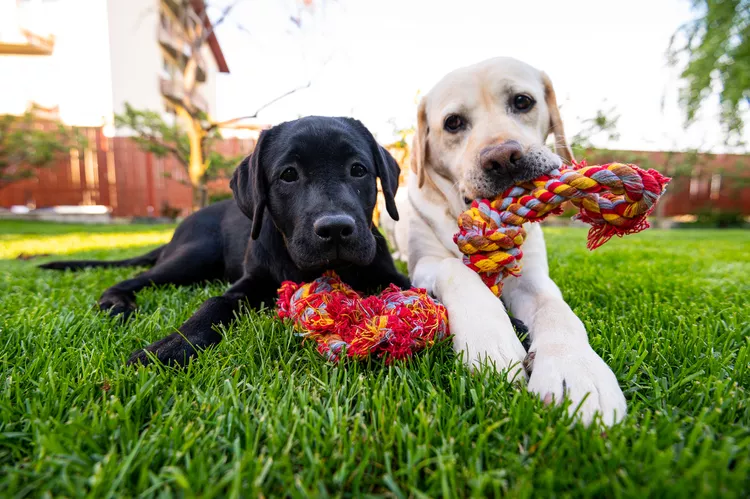
Why Do Dogs Eat Rocks?
One of the most common non-food items for dogs to eat are rocks. Here's what to know about why dogs eat them and how can you stop your dog from eating rocks.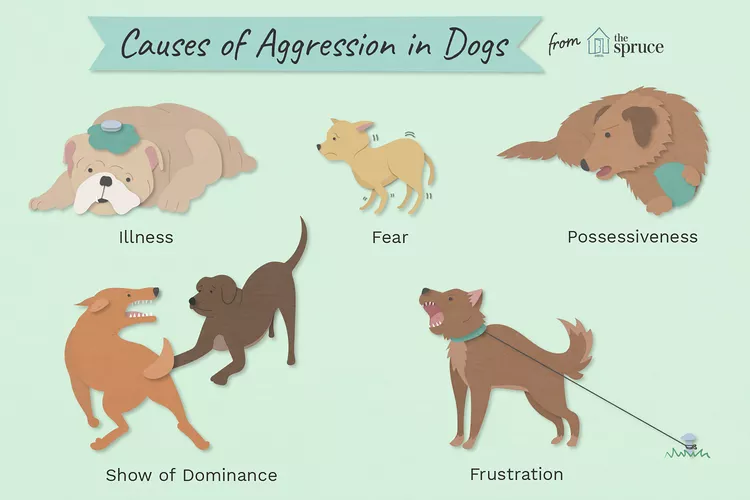
Why Dogs Get Aggressive and How to Stop It
Why is your dog biting you aggressively? Sometimes dogs can become aggressive with little warning. Find out what causes your dog to become aggressive so you can work with the behavior.
Thai Ridgeback: Dog Breed Characteristics & Care
Learn all about the Thai Ridgeback, a rare breed from Thailand. Find out how to care for the loyal dog and where to buy or adopt one.